The Ministry of Defence (MOD) has issued a Prior Information Notice (PIN) for the Future Joint Command and Staff Training (FJCAST) service, detailing plans for a contract worth between £50 million and £70 million.
The FJCAST initiative is aimed at providing comprehensive and effective collective training exercises for military commanders and staff, preparing them for contingent operations in line with the Defence Exercise Programme (DXP).
According to the notice, the FJCAST service is designed to enhance the development and delivery of training exercises through the use of simulation and fusion doctrine, as well as multi-domain integration.
This training will cover five key areas of operations: Maritime, Land, Air, Space, and Cyberspace. The primary goal is to ensure commanders and staff are well-prepared for complex joint task force operations.
The service will focus on delivering Tier 3 and Tier 4 combined Joint Task Force (JTF) training, utilising computer-assisted exercises (CAX) and dynamically scripted command post exercises (CPXs).
These exercises aim to improve the readiness and interoperability of Defence forces within the UK and abroad. The training will adhere to JSP822, the Defence Training and Education Policy.
The MOD plans to use an e-Tendering system for the procurement process. Interested parties are encouraged to visit www.contracts.mod.uk for full details and to register their interest in this procurement exercise. The reference for this notice is FTS 016540-2024.



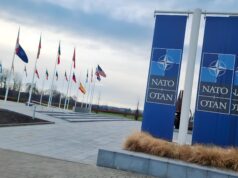

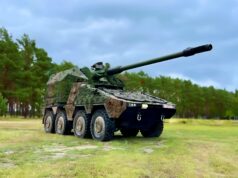
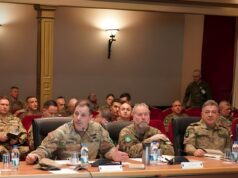

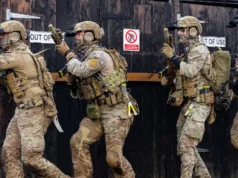

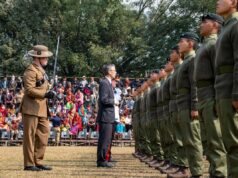

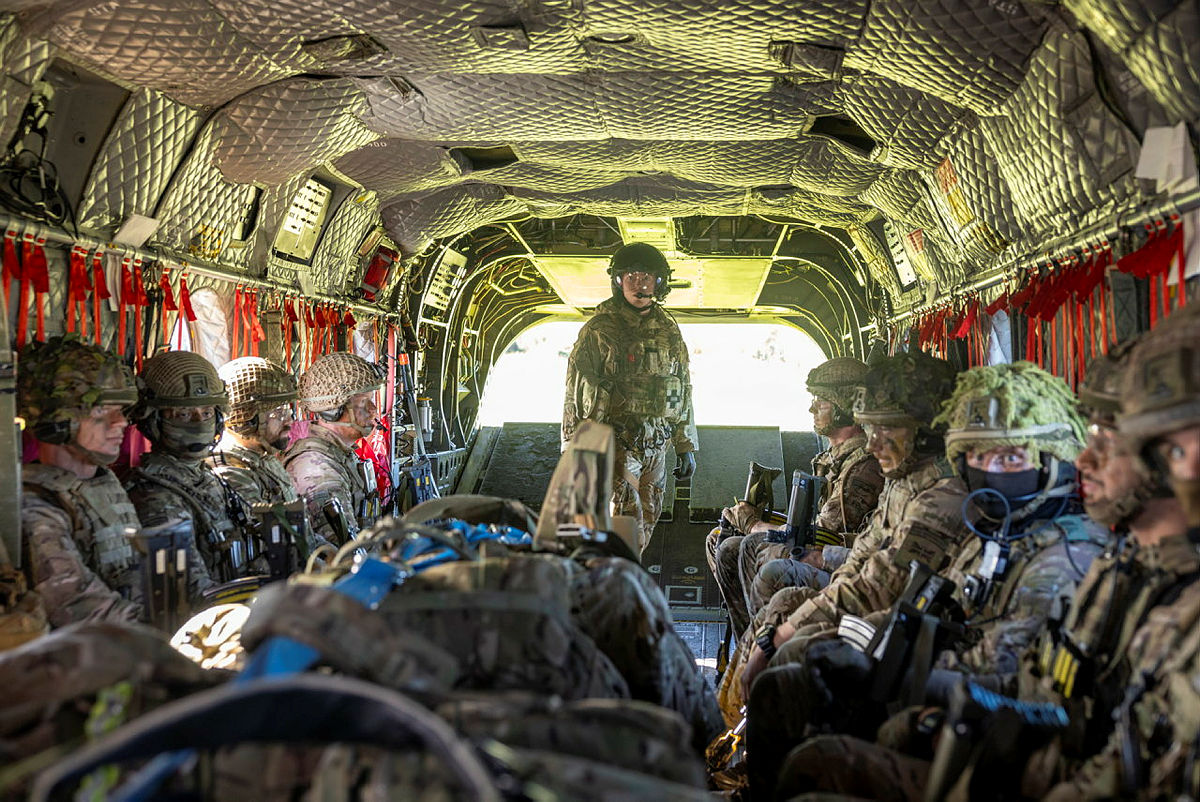

All the Ps
Prior Preparation Prevents Pi** Poor Performance.
However, at that price it better be very, very good preparation!
We always used to so this in-house, and were considered to be one of the best trained armies in the world. It cost MoD nothing and was good staff-work for EXCON to write, plan, deliver and control the exercise. Now there is all this work to assess bids, write the contract, explain what MoD expects from the contractor, sketch out scenarios, manage the contract…and pay a big bill.
Posters keep asking where all the money goes.
Here’s another example.
Yep. So much spent on contracting-out stuff we did in-house, but better, cheaper, quicker.
Old soldiers never die they simply deliver training ….
Perhaps that is still the case.
Actually, I think you will find that is has been supported by industry for at least 20 years….
Supported by Insdustry – yes, you are right that Industry has been involved in helping to deliver training. For example, I got this from the LM site:
“Lockheed Martin UK’s Combined Arms Tactical Trainer (CATT) facility is a networked suite of simulators used to train British Army personnel across all roles including front-line soldiers, crews and brigade commanders using computer generated forces to represent varying threat scenarios.
Based at two sites, the British Army Land Warfare Centre in Warminster and in Sennelager in Germany, it covers an area the size of three football pitches and consists of over 200 networked simulators linked in a virtual and immersive training environment. CATT can simulate a combat area of over 10,000 square kilometres (3,800 square miles) and accommodates over 400 warfighters training together as a coherent formed unit.
CATT is critical to British Army mission readiness cycle and has trained more than 125,000 troops since it opened in in 2002 and provides more than 15,000 training days per year”.
But the article is about training commanders and staff for complex joint task force operations. “The service will focus on delivering Tier 3 and Tier 4 combined Joint Task Force (JTF) training, utilising computer-assisted exercises (CAX) and dynamically scripted command post exercises (CPXs)”. Not sure if that has had massive Industry support before.
The article suggested to me that Industry would take over the whole process of training commanders and staff for this specific area. Maybe I read it wrong.
It’s the simulated parts of training delivery Graham, much like CATT and CAST had industry delivered simulation, they were still run by military staff. The scenarios, execution etc still run by military staff, but you have to have an industrial partner to run the equipment, software etc.
What you find is that there is a tiered approach, with the bottom tier being the unit training itself including for example Sig Pl running CPXs with scenarios from Ops / Int, then there is that laptop based training aid that visits units (forget the name) up to multi-domain training at the top. No real change to what you and I were doing, but the simulated element is getting more preference because theoretically you can operate and train at a far larger scale than just live training.
We have successfully privatised thinking, wonderful.
At least its not being wasted on DEI training
Rent free.
With the excuse “Cheques in the post,”
Oh, I’m not on your side here.
I’m making the point that DEI lives in your head rent free.
I must be due an exorcism too rid me of those thoughts
I mean, why hire people on merit for knowledge and skills when they can pigeon whole people with tick boxes. Those people don’t like logic.
And unfortunately as Spock would say that’s illogical Capt but let’s do it anyway what’s the worst that can happen ? We’ve now reached our quota of limbless,POCs from the Alphabet spectrum that are Vegan can’t wait for my bonus let’s all pat ourselves on the Back for being so Caring .My reply ,Caring doesn’t win Wars .The Caring we got in training was either shouted in your earhole, or you double round the Parade ground at high port Arms until you got it right ,you very quickly got it right
A bit more of our military privatised.
Bit by bit the armed forces are being privatized, cash for questions money dried up , now its after dinner speaking ! Now they can get get £200,000-300,000 for a speech -what are they buying influence ?